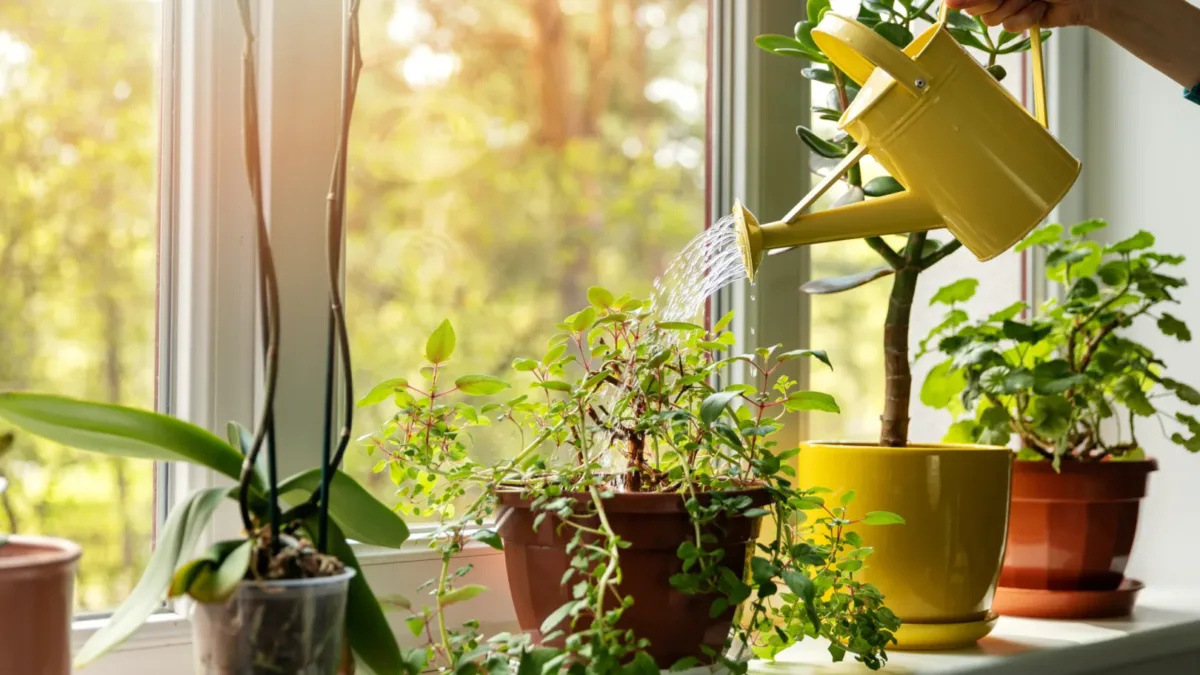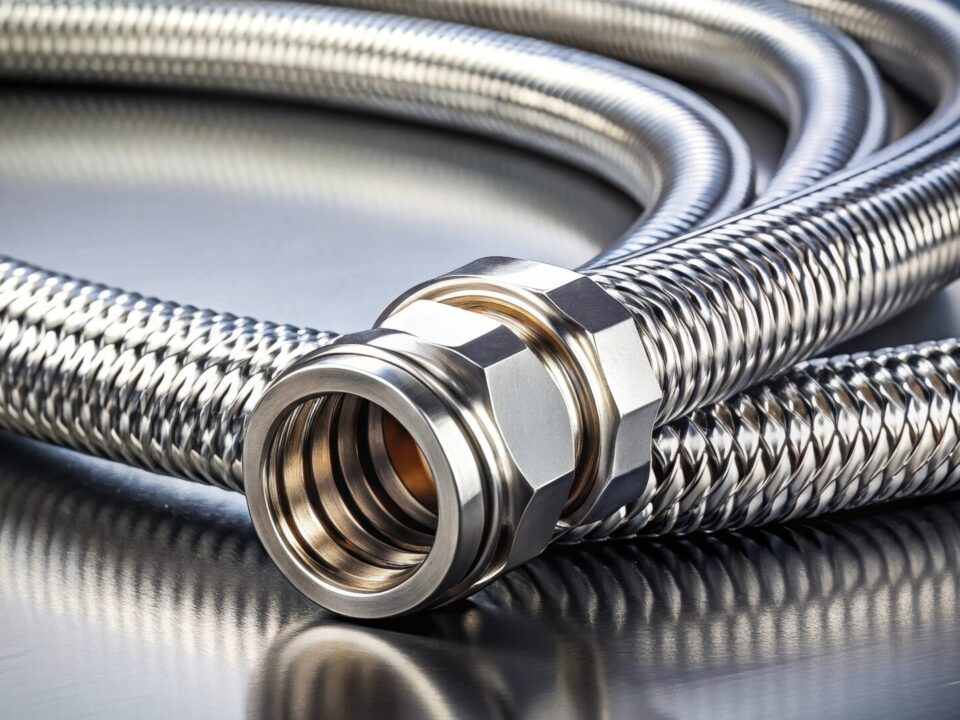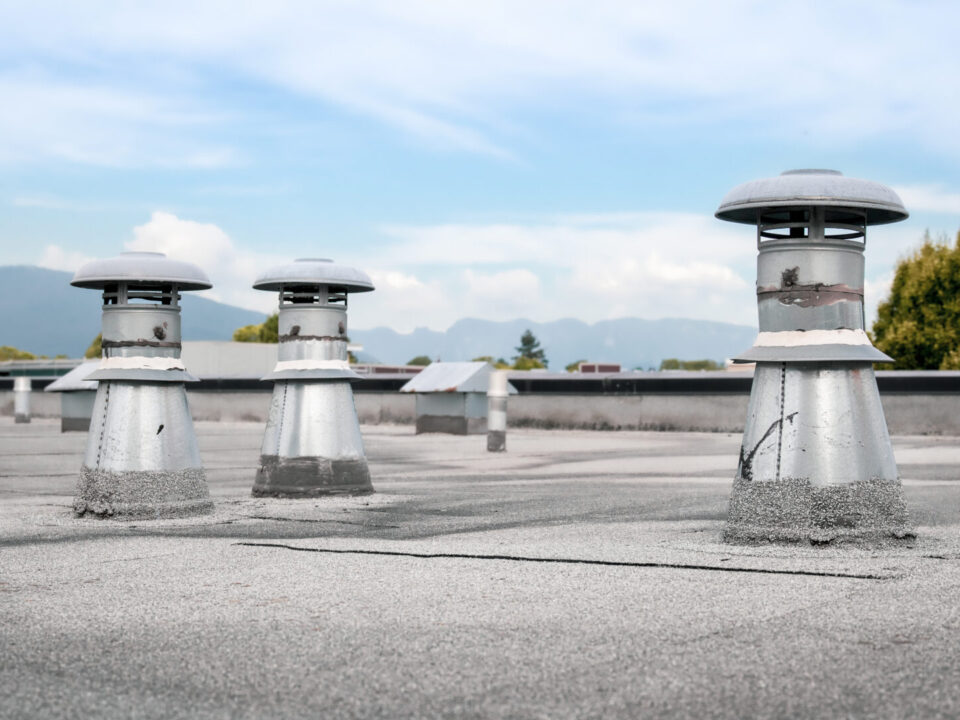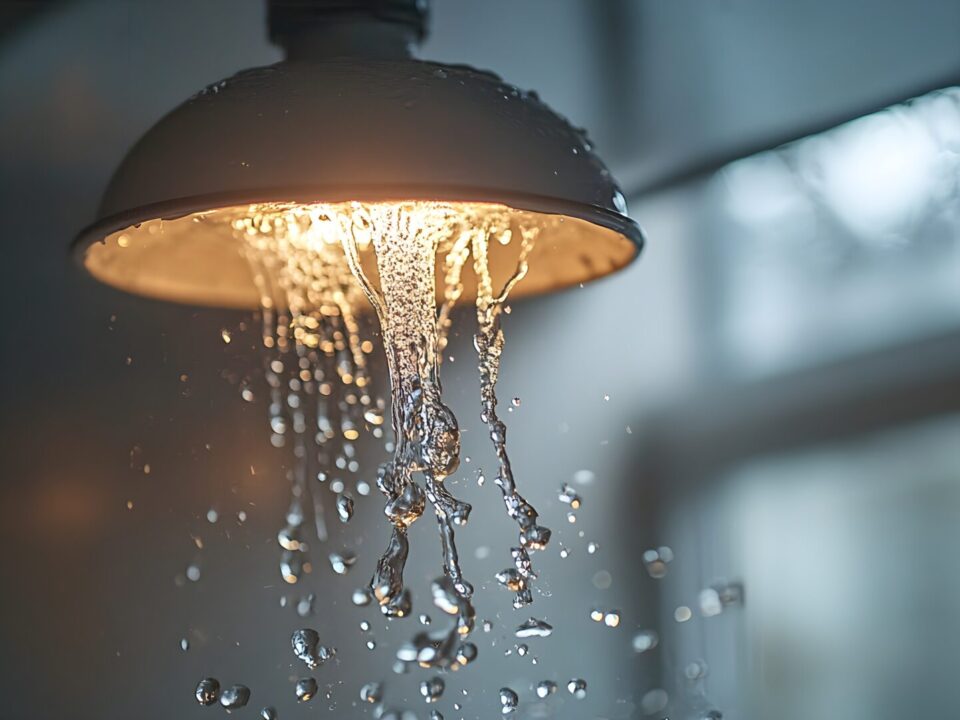Avoid the Problems Hard Water Can Cause for Your Plants by Following Our Recommendations
Whether you’re preparing to start your garden or taking care of a few houseplants, you want to be sure you’re giving them the care they deserve so that they can flourish. That isn’t always the easiest thing to do. Beyond worrying about soil acidity or the proper amount of sunlight, if you’re one of the many people who live in an area with hard water, you could find watering your plants properly to be a problem.
Hard water refers to water that has high mineral content, particularly calcium and magnesium. Hard water doesn’t pose a health risk to humans who drink it and use it for daily activities, but it can cause issues for certain types of plants. Thankfully, there are a few ways that you can get around this issue to ensure your plants are happy and healthy!
Why Is Hard Water Bad for Plants?
First off, it’s important to understand why hard water is harmful to plants. While there are many types of plants that don’t mind hard water, there are some that won’t take to it well. That’s because hard water can interfere with plants’ nutrient intake, negatively affect their root health, cause the pH level of the soil to change, and cause mineral buildup that leads to reduced water penetration. While the severity and exact composition of hard water problems will vary from plant to plant, it’s nevertheless something to keep in mind if you find your plants aren’t doing well.
Alternatives to Using Hard Water
Hard water will affect the health of many types of plants, meaning you should take care to use softer water when watering certain species. But what exactly can you do to find or create softer water? Let’s explore the options.
Boil Before Watering
One simple solution is to boil the water you use to water your plants. High heat will cause the calcium to be removed from the water, softening it and making it safer for your plants. This can take some time and be a tedious process, but it will be an effective solution in many cases. Just make sure to let the water cool down before giving your plants a drink!
Mix Vinegar into the Water
Another way you can soften your water is by mixing vinegar into the water. Due to its acidic nature, vinegar will dissolve calcium, magnesium, and other minerals that cause hard water. Hydrangeas and gardenias will benefit greatly from this treatment because they prefer slightly acidic soil; however, take note that not all plants thrive with acidity, and you should do your homework before taking this approach.
Collect Rainwater
The water you get from your tap might be hard water, but there is another place you can get softer water: the sky! Rainwater is normally much less rich in minerals than what comes into your home. Depending on the number of plants you have and their watering needs, you might only need to leave a bucket out in the rain, or if your plants are needier, you could invest in a rainwater barrel. Keep in mind that if you live in an area that doesn’t get much rain, you might not consistently have enough rainwater on hand to keep your plants healthy.
Use a Water Filter
The most effective way to rid your water of hard minerals is, of course, to use a high-quality filtration system! A water filter can be installed on a single sink or for the whole home, and filtration systems do a more thorough job of cleaning water than local municipalities can. With a water filter, your water will be healthier not just for your plants, but for you too.
Count on Joe the Plumber to Help Keep Your Water and Plumbing Fresh
If you want to ensure your water is pure and free from minerals, bacteria, carcinogens, and pollutants, call Joe the Plumber and ask about our water filtration systems. Our team can install and maintain both under-sink water filters as well as whole-home filters. We serve customers throughout the Houston area and are proud to be a name that many in the area depend on for a wide array of plumbing services. If you’d like to learn more, get in touch with us today!








